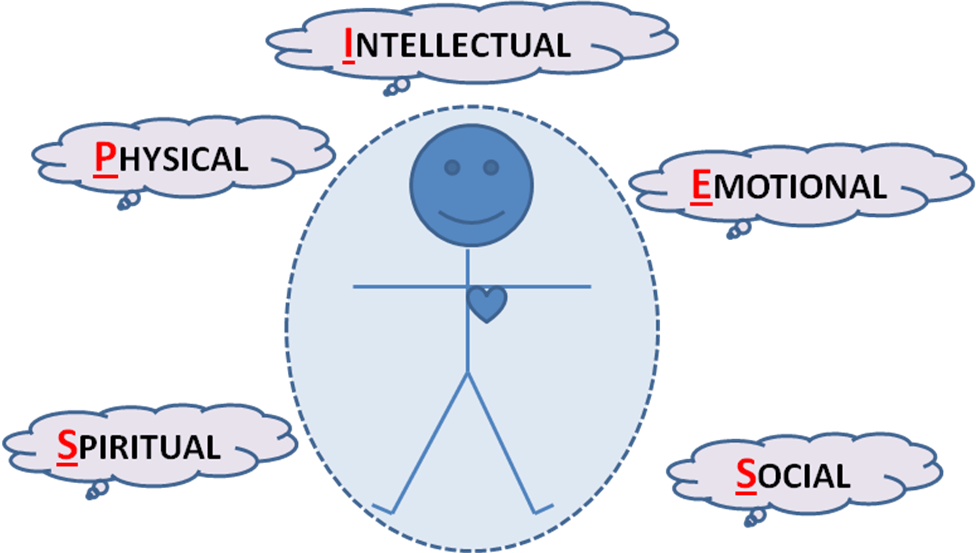As human beings, we are complex, social creatures so if we are to lead happy, fulfilling lives and help children and young people onto the road to such riches, we need to apply enlightened, collaborative strategies that integrate the complementary efforts being made by parents and carers in the home environment and educators in our places of learning – and ideally, involve school support services and those guiding and mentoring youngsters who are at risk of or already involved in criminal activity.
Mahatma Gandhi said, “Education is the drawing out of the best in the child – body, mind and spirit.” Modern research and evidence shows that to enjoy the most powerful outcomes for pupils, social and emotional learning must also be an explicit part of children’s schooling, actively supported by their family members. (See, for example recent reports issued by the Collaborative for Academic, Social and Emotional Learning (CASEL) - www.casel.org)
Bring out the SPIES
The SPIES, representing five major aspects of the human personality that are inextricably linked:
- Spiritual
- Physical
- Intellectual
- Emotional
- Social
Adults in the home environment will be consciously and unconsciously developing these domains in children in varying degrees right from birth and then teachers and other school staff join in the process of the individuals’ lifelong journeys of education. As worldwide research and evidence demonstrate, well informed and effective development in these domains, from an early age, can make enormous differences to children’s long-term success and attainment.
So how do we set about achieving productive partnerships in the best interests of young citizens?
Values – reference points for life and living
What are values? They are the principles, fundamental convictions and standards that, over time, shape and form reference points for how we live our lives. It is important therefore that children and young people have the opportunity, during their formative years, to start moving towards becoming “fluent in values”.
What is values education? It is a learning process that promotes the exploration and understanding of values and nurtures the attitudes, skills and knowledge that enable individuals to live their chosen values as members of their various communities, applying them for example in their families, education environments, local communities, workplaces and within transnational contexts.
Research undertaken throughout the world over many years shows that good quality values education is an essential ingredient to effective schooling and personal development. (For example, see guidance and reports of studies and projects undertaken in Australia – www.valuescentredschools.edu.au) The outcomes from explicit, systematic, quality values education are transformative, particularly when a whole-school approach is taken and parents are engaged and involved in the initiative. The benefits for all participants and stakeholders are wide-ranging, rewarding and very uplifting.
Schools, families and the new Ofsted framework to drive improvement
With a sharper focus on behaviour and the new framework for Ofsted reviews, it is imperative that schools energetically promote collaboration and communication with parents and carers. Values education provides an exciting pathway to success. Teachers invariably comment on the resulting united, collaborative school community; more empowered, co-operative and focused pupils; improved learning and social outcomes; remarkable spin offs for behaviour management; enhanced student-teacher relationships; better teacher and student wellbeing; enriched engagement with families, local and wider communities; and greater global awareness. ... And many of the adults involved, whatever their role, are delighted to find that the experience leads to enriching changes in their own understanding, relationships and personal development.
For a range of useful classroom PSHE/Citizenship resources, check out Innovate My School's PSHE / Citizenship directory.


















